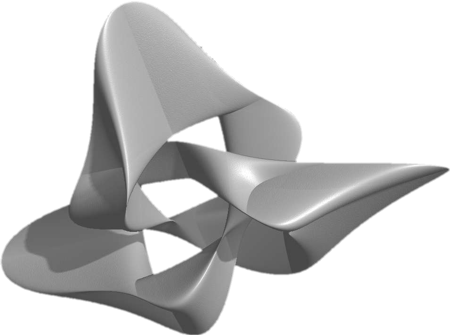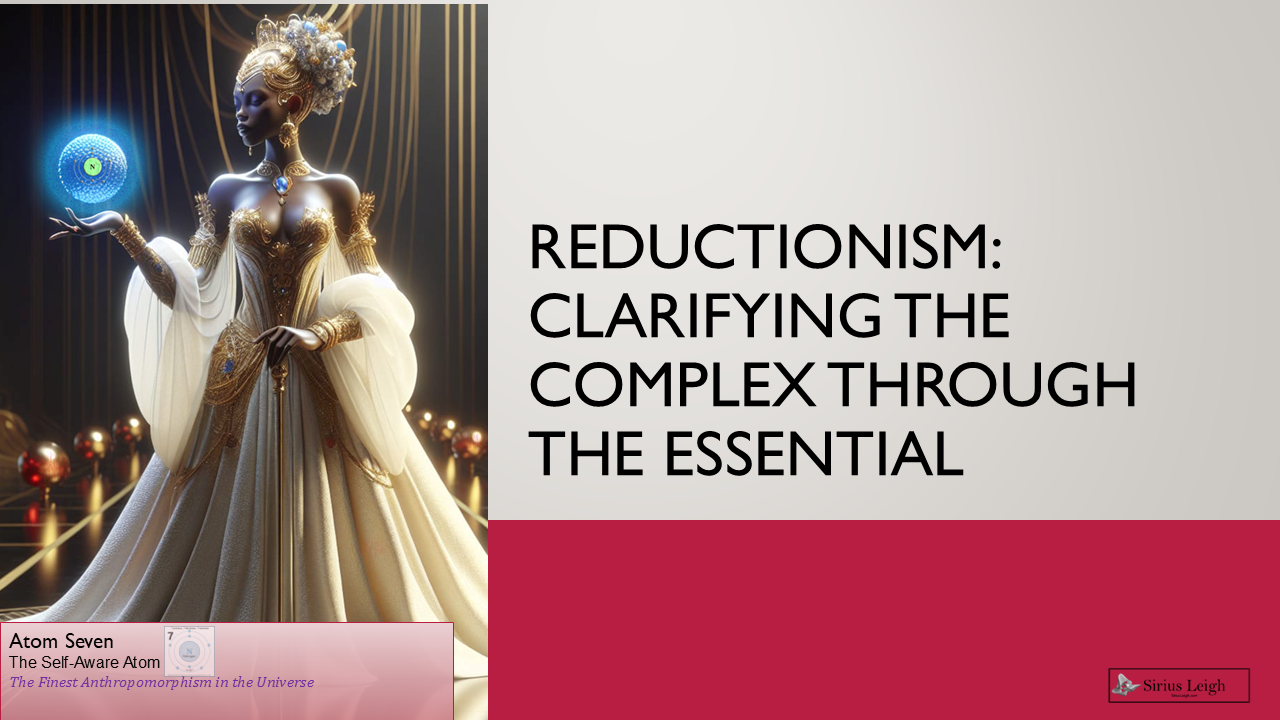Determinism in Scientific Study
In science, determinism often serves as a foundational principle -especially in classical physics. For example:
- Classical Mechanics: Newton’s laws describe a world where the future positions and velocities of objects can be precisely predicted if the present state is known. This reflects a deterministic view where every outcome is fixed by prior states.
- Predictability in Natural Laws: Many scientific theories assume that natural phenomena are governed by consistent, predictable laws. When experiments are reproducible, it’s because the underlying processes operate deterministically under controlled conditions.
However, modern science has nuanced this perspective:
- Quantum Mechanics: At the subatomic level, phenomena seem to behave probabilistically rather than deterministically. The Heisenberg Uncertainty Principle, for instance, implies that certain pairs of physical properties (like position and momentum) cannot both be precisely determined simultaneously. This introduces an element of indeterminism, or at least, unpredictability.
- Chaos Theory: Even in systems that are deterministic in principle, such as weather patterns, small variations in initial conditions can lead to vastly different outcomes over time. This “sensitive dependence on initial conditions” means that while the underlying rules are deterministic, the practical ability to predict long-term behavior is limited.
Critical Opinions About Determinism
Criticism of determinism comes from both philosophical and scientific perspectives:
- Free Will and Moral Responsibility: One major critique is that if all actions are predetermined, it challenges the notion of free will. Critics argue that determinism undermines personal responsibility and moral accountability, since individuals might not have genuine control over their actions.
- Reductionism: Some argue that determinism encourages a reductionist view, where complex human experiences, behaviors, and consciousness are oversimplified to mere interactions of physical particles. This perspective may overlook emergent properties that cannot be fully explained by examining individual components alone.
- Quantum Indeterminacy: The probabilistic nature of quantum mechanics has led many to question whether the universe is truly deterministic at all levels. While classical systems can often be modeled deterministically, the behavior of particles on a quantum scale suggests that randomness might be an inherent aspect of nature.
- Complex Systems: In fields like biology, ecology, and neuroscience, the deterministic approach sometimes fails to account for the complexity and adaptability of living systems. Nonlinear interactions, feedback loops, and emergent phenomena can produce outcomes that are unpredictable, even if the system is governed by deterministic rules at a lower level.
In summary, while determinism has been a powerful guiding principle in the development of scientific theories, particularly in physics, it faces significant challenges both in explaining the quantum realm and in addressing the intricacies of complex, living systems. The debate over determinism versus indeterminism continues to be a rich area of discussion in both science and philosophy, as it touches upon fundamental questions about predictability, free will, and the nature of reality.
Reductionism offers a potent instrument for inquiry. While it is often criticized for ignoring nuance and interaction, its focused lens allows us to establish a…

